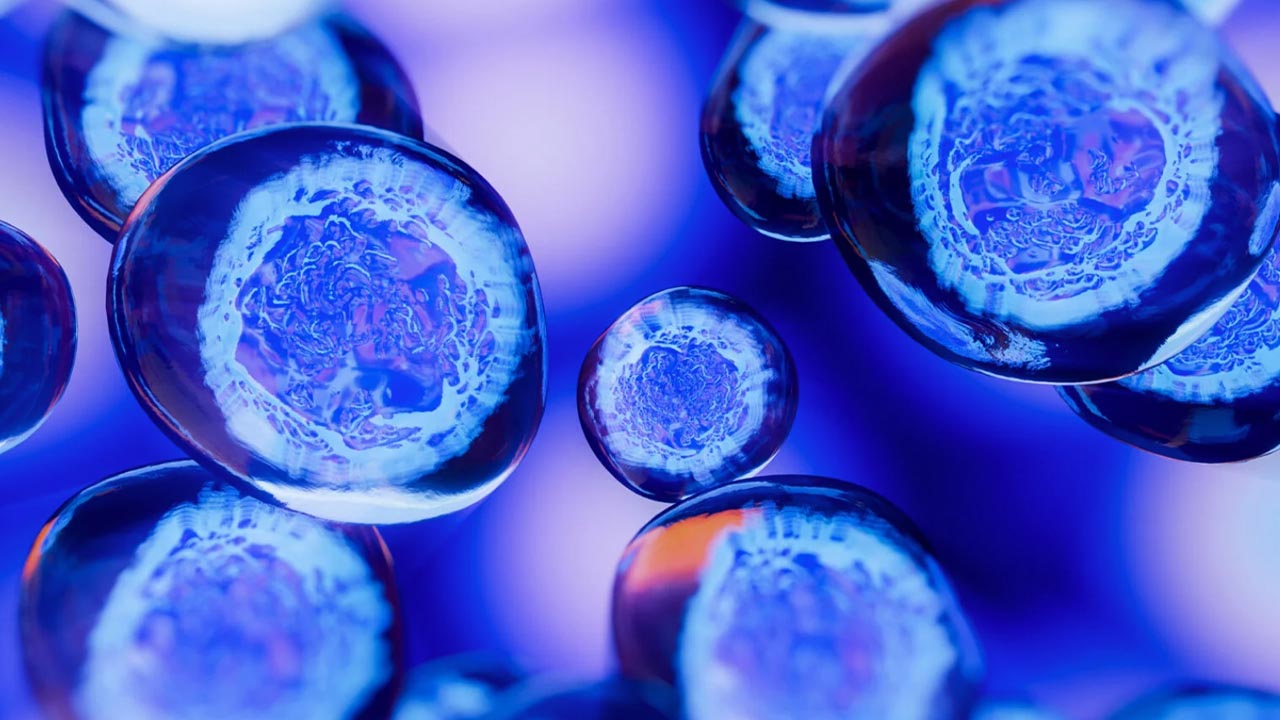Cardiovascular networks are essential components that make up the human body’s vascularization. The vascular system includes arteries, arterioles, venules, veins, capillaries, and lymphatic vessels. In contrast, vascular organs are all those parts of the human body where these vessels regulate blood, oxygen, lymph, hormones, etc. In vascular biology, these organs are the kidney, lungs, heart, brain, pancreas, etc., requiring continuous and uninterrupted blood flow for survival. This entire systematic vascular biology is the foundation for a healthy vascular system, eventually leading to quality health and lifestyle.
Vascular biology
The branch of science addressed as vascular biology is not limited to the heart and blood vessels but also involves all the central functioning related to vascular systems. The primary vascular processes and reactions are
- Vascular healing
- Plaque formation
- Vascular injury
- Vascular surgery
- Vasoreactivity
- Vascular transportation
- Vascular calcification
- Vascular angiogenesis
Vascular biology involves the physiology, pathology, pathogenesis, and functional biology of blood vessels which are directly coordinated with the heart and brain. The most important aspect of human vascularization is vascular diseases which are mild to even life-threatening in different conditions. The future of vascular biology is more concerned with the relation of genetics with the evolution of vascular diseases and how stem cells can be employed as a clinical treatment.
Vascular therapeutics
A comprehensive clinical knowledge and practical understanding of the human vascular system is necessary to judge the health condition of blood vessel physicality and functioning. Therapeutic interventions for vascular health involve studying the homeostasis, pathobiology, and diagnostics of vascular components. Vascular endothelial cells are the most susceptible target of therapeutics study and experimentation when the vascular system is being discussed. This critical importance is due to the drastic involvement of these vascular cells in inflammation and dysfunction of blood vessels which keep an alert about the vascular sciences of the human body.
The amalgamation of vascular study and therapeutics has been quite beneficial in diagnosing mild to chronic vascular abnormalities like carotid artery disease and atherosclerosis. Through extensive research by vascular doctors and specialists, preventive genetic therapies are introduced for vascular-compromised patients. Gene-targeted technology and these high-profile discoveries in vascular complexities, diagnostics, and therapeutics are well-appreciated in the medicinal field. This success is mainly because such innovations have significantly improved the lifespan and quality of human life.
Blood vessels and vascular therapeutics
The examination and study of vessel lining and the physical integrity of capillaries have been necessary for therapeutics in all decades. There are three essential blood vessel layers: intima, media, and adventitia. Thus, the expansion, contraction, and pressure exertion of blood against the blood vessel lining affect the vascular system’s diverse functions.
For example, the coronary vascular artery is one essential vascular subject most vulnerable to damage under extreme conditions of high BP. In addition, pulmonary and carotid arteries are other vascular injuries that contribute massively to vascular diseases.
Therapeutics, medicines, surgeries, and anti-hypertensive drugs actively contribute to controlling vascular complications. Thus, hypertensive conditions affect the endothelial and basal lamina of blood vessels and capillaries, which needs to be monitored by vascular specialists.




